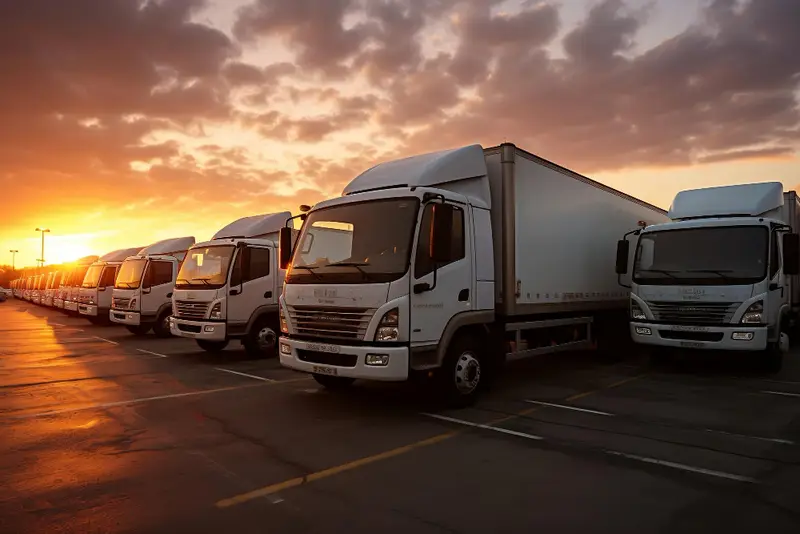When it comes to nearshoring and offshore, the trucking sector is very important to the supply chain since trucks are the primary means by which goods are transported. It is the responsibility of truck drivers to transport freight in order to contribute to the supply chain, which in turn helps your firm maintain production and ensures that your customers are pleased. Commercial trucks are at the heart of the elaborate supply chain logistics web that allows goods to be moved expeditiously from manufacturers to consumers. These vehicles span from the nimble 3-ton trucks to versatile single-cab pickups and are instrumental in keeping the wheels of commerce turning. In this blog post, we will discuss why commercial trucks are an essential component of supply chain logistics and how versatile, effective, and even valuable they are in the context of global commerce.
Versatility and adaptability:
One of the most striking features of commercial trucks is their versatility and adaptability to several transport activities in the supply chain. At different stages of the logistics process, the trucks take on varied functions, from the suppliers of raw materials to the finished product and on to the retailer.
Take, for example, the agile 3-ton truck. It is a small but strong pick up vehicles that is perfect for urban routes; it reaches small places that are not accessible by bigger trucks. The 3-ton trucks thus find application in important areas regarding the last mile toward the timely and efficient delivery of products to the final consumer, be it in moving goods to downtown stores or in parcels to houses.
Single-cab pickups offer the versatility to move goods, equipment, and staff over a variety of terrains and environments. From transporting construction material to the job site to taking agricultural produce from the farm to the market, single-cab pickups become crucial actors in the supply chain. The loss in flexibility and mobility with the use of larger commercial vehicles is immeasurable.
Efficiency and punctuality:
Supply chain logistics is a game of speed and timeliness; that is what has been taken over by heavy commercial trucks today, delivering goods at accelerated speeds and dependably to meet the needs of modern commerce.
Of course, that is not to say the 3-tonners do not have outstanding characteristics of compactness and agility. They must negotiate the most congested city streets to deliver the goods to customers in densely populated areas. They are elegant enough to make many stops quickly, which would make delivery take much longer otherwise.
On the other hand, single-cab pickups are cherished for their versatility and speed in easily conducting small loads across long distances. Whether across rough terrain or down twisted country lanes, this vehicle gets you to your isolated locations in good time and in one piece, meaning your goods arrive on time and in one piece.
Effects on World Commerce:
The place of the commercial truck extends far beyond local deliveries and regional distribution; the role of these vehicles is at the core of global commerce in the movement of goods over hundreds and thousands of miles from one international border to another. This is an age of globalization where supply chains are growing in complexity. Products are sourced from different countries and transported across continents to reach consumers. Commercial trucks link different supply chain stages—from ports and warehouses to distribution centres and retail outlets.
3 ton trucks and single-cab pickups are an indispensable element of a global logistics network that forms the backbone of transportation systems in developed and emerging economies. It would be impossible to move the produce from factories to ports or imports to distribution centers and then finally to retailers without it, and it is indispensable to ensure the smooth movements of goods to keep the wheels of global commerce churning.
Conclusion:
Commercial trucks are the unsung heroes of supply chain logistics: it is through them that a mode has been established for the goods to be transported from the manufacturers to consumers across the world. From agile 3-ton trucks to versatile single cab pick up, these machines reinvent the notions of versatility, efficiency, and impact on global commerce. With supply chains continuing to transform and grow, the role of the commercial truck will be more and more critical—allowing products to move as fast, as easily, and as efficiently as possible through possible challenges they may encounter along the way.


















